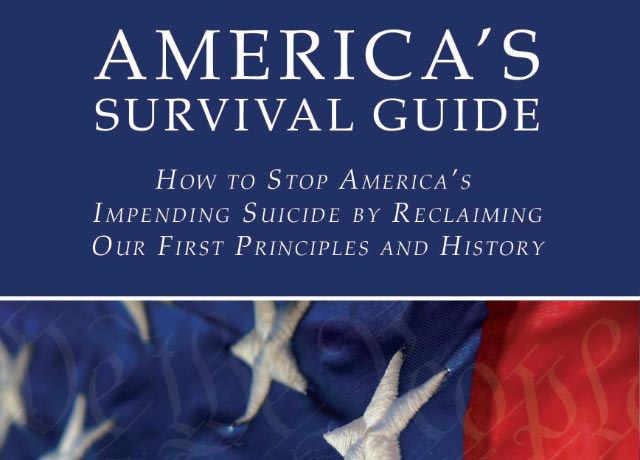(Originally published in The Detroit News)
The indispensable role of attorneys in maintaining the integrity of our system of justice has been all over the news. Indeed, one can hardly read the newspaper on any given day without coming across cases and controversies calling into question the ethical behavior of some lawyers. I can't comment on any case, but America benefits when the public becomes more aware and interested in the legal system.
Former U.S. Supreme Court Chief Justice Earl Warren reminded us long ago that "A dedicated bench and a militant bar are the natural leaders" to preserving our liberties. Warren explained that "Without an independent judiciary there can be no freedom. Without a militant bar to assert in court the constitutional rights of individuals regardless of how unpopular those assertions might be at the moment, such rights become merely 'sounding brass and tinkling cymbals.'"
Lawyers have a special trust and duty to maintain our freedoms. For this reason, lawyers in Michigan are required to attend an accredited law school and pass the bar examination. Lawyers are expected to be well versed in legal ethics to even begin the practice of law. Moreover, the Michigan Rules of Professional Conduct carefully sets the parameters of permissible legal practice. The vast majority of lawyers comply with these ethical guidelines. However, on occasion, a few lawyers lose focus and instead place attempts to prevail in litigation above their ethical duties. When this occurs, the integrity of the system of justice is severely undermined. Lawyers are officers of the court and their conduct reflects upon the sanctity of the entire system of justice, which supports our freedoms.
Accordingly, the rules of ethics prohibit a lawyer from making a false statement of material fact or law to a court. In fact, lawyers may have a duty to disclose something if silence could be construed as a misrepresentation. Lawyers are also prohibited from offering evidence they know to be false or suborning perjury. Lawyers must not unlawfully destroy evidence or conceal documents. Dishonesty, fraud, deceit, misrepresentation and conduct prejudicial to the administration of justice are all considered professional misconduct. Furthermore, lawyers are barred from encouraging or assisting others to violate the rules of professional misconduct and have an obligation to report misconduct of others. Lawyers who violate the rules of professional conduct are subject to strong sanctions by the Attorney Grievance Commission, as well as the inherent constitutional oversight authority of applicable courts. Lawyers may face charges of contempt of court or obstruction of justice if they improperly interfere with judicial proceedings. If a lawyer aids another in covering up a crime, they can be charged with the felony of accessory after the fact.
The courts are the people's instrument of justice. To make a mockery of the sacred role of the court is to undermine the core of our system of republican self-government. We have duty to ensure that potential ethical breaches are vigorously reviewed and, if proven, sanctioned.
For more, visit http://www.americassurvivalguide.com/index.php
Subscribe to:
Post Comments (Atom)





No comments:
Post a Comment